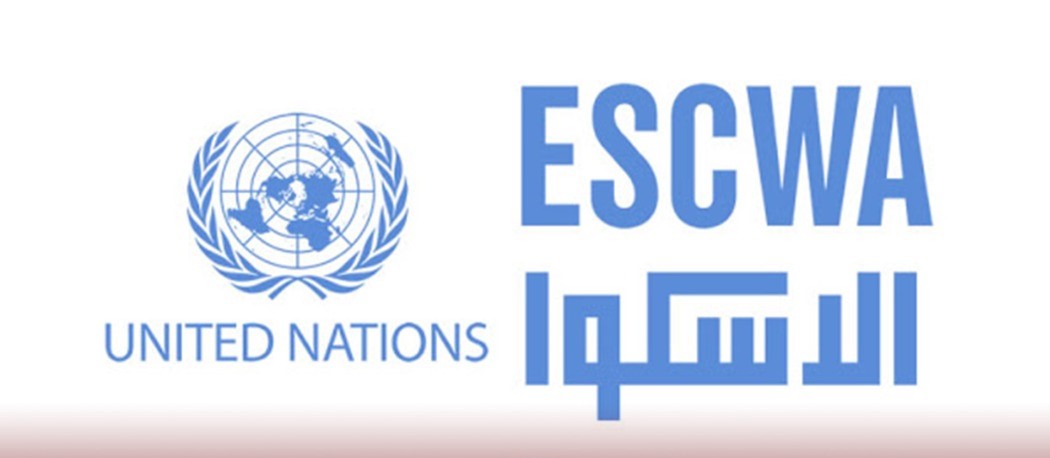Peace in Libya, if maintained, will yield huge economic gains, not only for Libya but also for its neighbouring countries, which are expected to reap up to $162 billion by 2025. This is one of the main results of a new study issued Tuesday, June 22, by the United Nations Economic and Social Commission for Western Asia (ESCWA), entitled: “Benefits of Peace in Libya: Neighbouring Countries and Beyond.”
The study highlights the positive development which the country is witnessing, which will materialize into economic growth and an increase in investment and job creation in Libya and its neighbouring countries, in particular Egypt, Tunisia, Algeria and the Sudan. Achieving peace in Libya will, in effect, launch reconstruction efforts in the country, which will contribute to reviving economies in neighbouring ones given their strong economies ties with the Libyan economy.
Tarik Alami, Head of the authoring team, underlined that ESCWA has been shedding light on the socioeconomic repercussions of the Libyan conflict since its onset, not only through the quantitative assessment of the devastation it has caused, but also through the calculation of the benefits of peace on Libya and the neighbouring countries”.
“We hope that this will boost dialogue among Libyan parties and with regional and international actors,” he added.
The study also shows that by 2025, economic gains may reach $100 billion in Egypt; $22 billion in the Sudan; $10 billion in Tunisia; and $30 billion in Algeria.
In addition, peace in Libya will have positive spillover effects at the international level, especially for the country’s main trading partners. By 2025, gains are likely to reach $13 billion for Italy, $7.5 billion for Germany, $6 billion for France, and $5.5 billion for Turkey.
“The study analyses the quantitative impact of peace through a set of key indicators, including the anticipated effect of reconstruction on growth and the ensuing impact on investments, resumption of exports to Libya and job creation in neighbouring countries,” Alami explained. “By 2025, unemployment is projected to decrease by 14% in the Sudan, 9% in Egypt, 6% in Tunisia, and 2% in Algeria”.
The study is the product of the second phase of the ESCWA project on assessing the impact of peace and reconstruction in Libya, carried out in the context of the Libya Socioeconomic Dialogue launched by ESCWA to stir a debate on alternative socioeconomic frameworks for sustainable development in Libya. ESCWA had previously issued a study on the “Economic Cost of the Conflict in Libya,” which had warned of a sharp increase of the cost of conflict in Libya in the absence of a peace agreement.


















